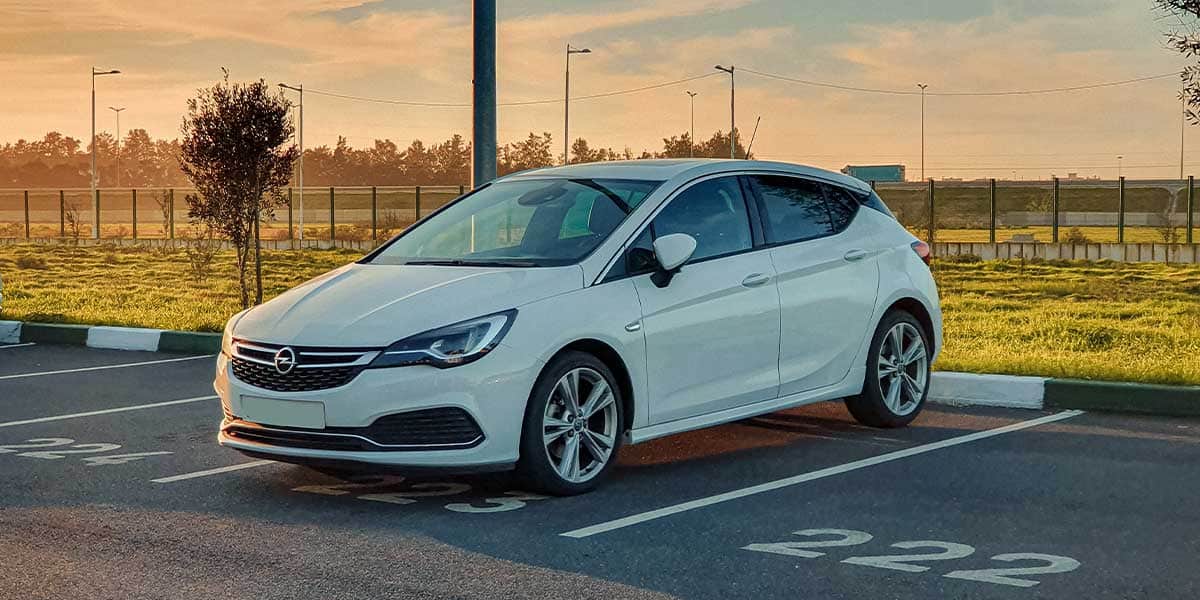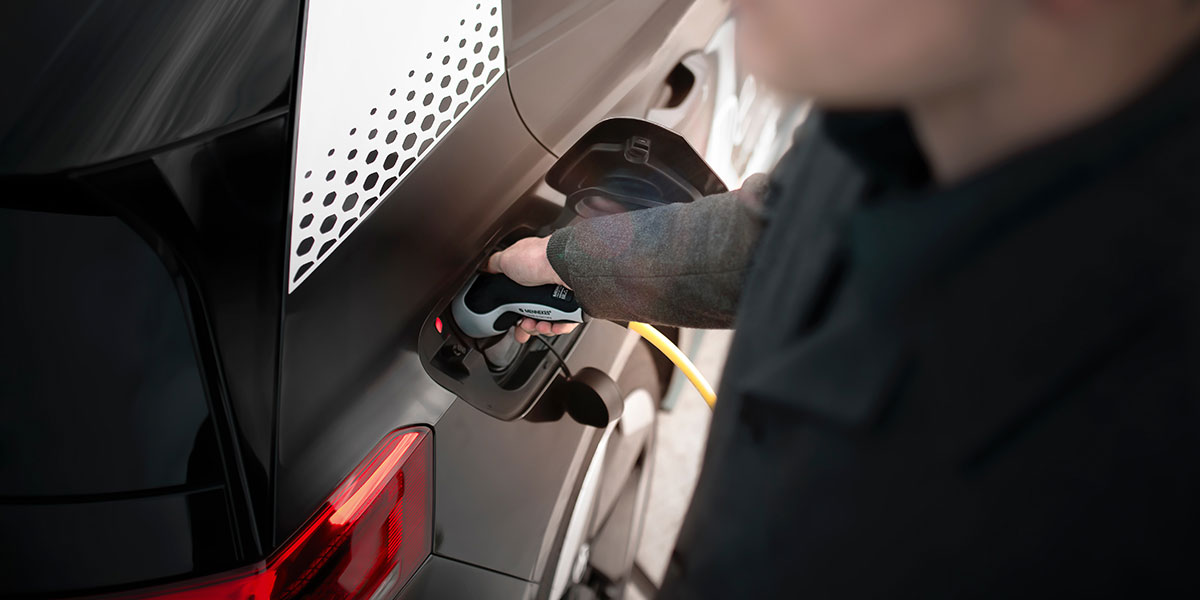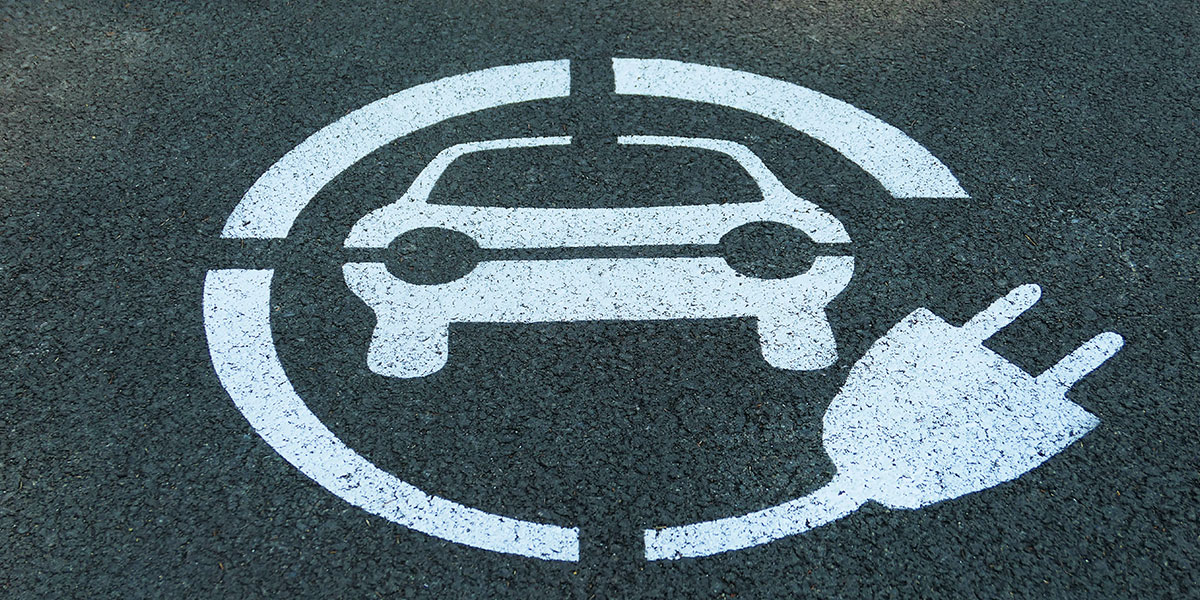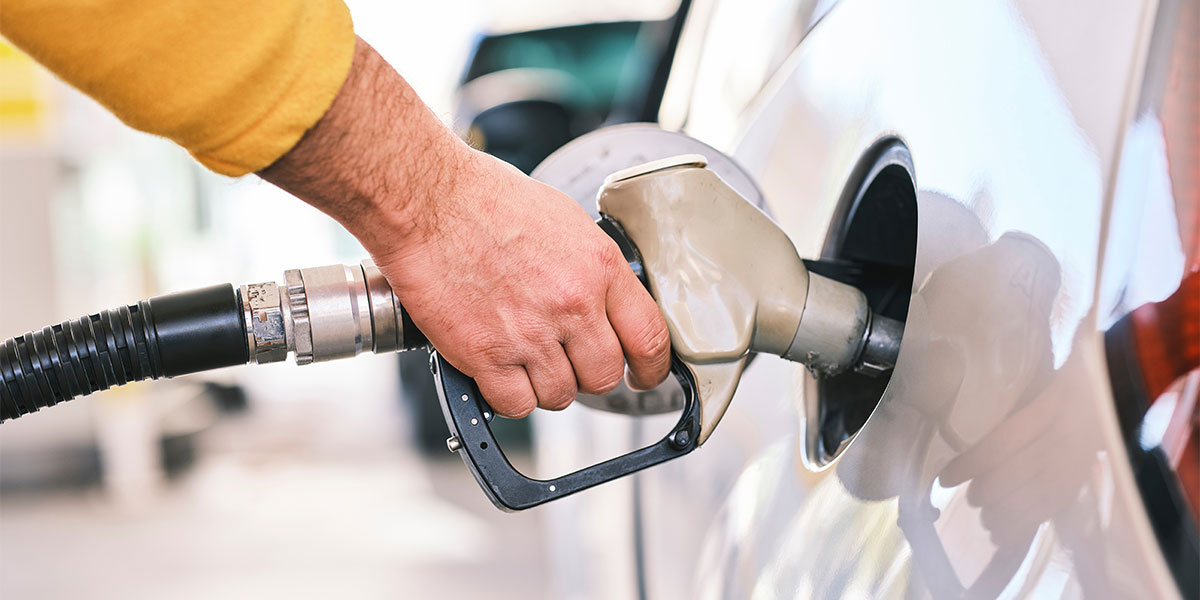The past few years have shaken the economy in ways we’ve never seen before, and the used car market hasn’t escaped the tremors. Brits are paying more than ever for second-hand cars, with the latest data from Auto Trader revealing asking prices for used vehicles have risen consecutively for 29 months. Are used car prices going up or down? The answer is complicated.
Despite the market cooling down over the past few months, prices are 15% higher than this time last year. Currently, the average cost of a used car sits at just over £17,000. So, while prices for used cars are no longer climbing, they’re significantly higher than usual. Unsurprisingly, the price increase has put pressure on household budgets and pushed car ownership out of reach for many Brits.
So, when can you expect relief? Read on as we provide answers to the question, “are used car prices going up or down?”
Unpacking the used car price spike
Before we explore when used car prices might drop, let’s take a moment to unpack the price spike. This is important as it helps motorists understand why used car prices are so high and what’s driving the trend.
A ‘perfect storm’ of factors
Are used car prices going up or down? Over the past few years, the answer has been a resounding “up”. Market analysts blame a ‘perfect storm’ of factors for the unprecedented spike in used car prices. A global shortage of electronic components, in particular semiconductor chips, is a major contributor. During COVID lockdowns, many electronic factories were forced to shut down or significantly reduce production capacity. This wasn’t an issue at the time as the closures corresponded with shutdowns in the auto manufacturing sector.
The global semiconductor chip shortage
When production started up again, demand for electronic components surged. The average modern car contains thousands of semiconductor chips, which are used to power everything from fuel injection systems to driver-assist features and infotainment platforms. Factories have been unable to keep up with the immense demand, which has forced car manufacturers to curb production.
This has led to a global shortage in new cars. For example, Ford was recently forced to pause orders on best-selling models like the Focus and Fiesta in the face of semiconductor supply issues. In the United States, some automakers have taken a creative approach to the semiconductor chip shortage. Porsche has vetoed the microchip-powered adjustable seats usually featured in its luxury Macan SUV, while Peugeot has started to replace digital speedometers with traditional analogue dials in some models.
New buyers switching to used
In response to stock shortages, many motorists who would usually buy new are browsing the second-hand market. Naturally, the increase in demand has driven up prices. If you’re wondering “are used car prices going up or down”, this is one of the key drivers. While it’s good news for sellers, buyers are struggling to not only afford used cars, but track them down.
Public transport fears
A downtrend in public transport use has also increased demand for used cars. People who would usually ride the bus or train are now worried about the increased risk of infection from COVID and other viruses. While confidence in public transport isn’t as low as it was during the height of the pandemic, many Brits have made the switch to driving and don’t plan to go back.
The rising cost of living
If you’ve noticed your cash doesn’t stretch as far lately, you’re not alone. The cost of living is on the rise, with everything from groceries and petrol to energy bills and interest rates on the rise. Experts warn this trend will continue to fuel demand for second-hand cars. Why? In the face of rising living costs, buyers who would usually purchase new will discover a newfound appreciation for the savings associated with second-hand cars.
A gradual return to normalcy
So, are used car prices going up or down now? While they’ve been on the rise for more than two years, they’re finally starting to fall. So, what’s the magic number? Arno Antlitz, Chief Financial Officer at Volkswagen, predicts the semiconductor chip shortage could continue to plague the industry until 2024. When production returns to normal, the second-hand market will once again enjoy a steady supply of vehicles. This is ultimately what will push down prices and make second-hand vehicles more affordable in the UK and around the world.
Sue Robinson, Chief Executive of the National Franchised Dealers Association (NFDA) agrees with the prediction that second-hand car prices will remain high for several years to come.
“Current new car volumes are restricting the number of part-exchange vehicles reaching the market that would normally help supply dealer forecourts, and at the same time some consumers needing a car quickly are turning to the used market to source a car.”
Relief is on the way
The good news? While instant relief isn’t on the horizon, analysts do expect used car prices to fall eventually. It’ll just be a gradual drop, as opposed to a dramatic downturn. As factories continue to ramp up production and manufacture new cars, the second-hand market will gradually return to pre-pandemic levels.
Are you thinking of buying a second-hand car? Now you know the answer to the question “are used car prices going up or down”, let’s talk about finance. With car finance, you don’t need to lower your expectations or feel priced out of the market. Instead, we match your application to trusted lenders who will spread out the cost of your car over several years. All you need is a good understanding of your responsibilities as a borrower.
Speaking of which, most lenders will check your credit score before approving your application. Wondering if you’re eligible? Check out our complete guide to Will I Get Accepted for Car Finance to find out more about how the process works.
We’re always here to help, so don’t hesitate to give us a call to chat about car finance options and get behind the wheel of a new car in a flash.
Rates from 9.9% APR. Representative APR 12.4%
Evolution Funding Ltd T/A My Car Credit
Require more help?
Got a question you can’t find the answer to, or need some advice and guidance around taking out car finance? Our Car Credit Specialists are friendly, experienced, and here to help so get in touch today!








